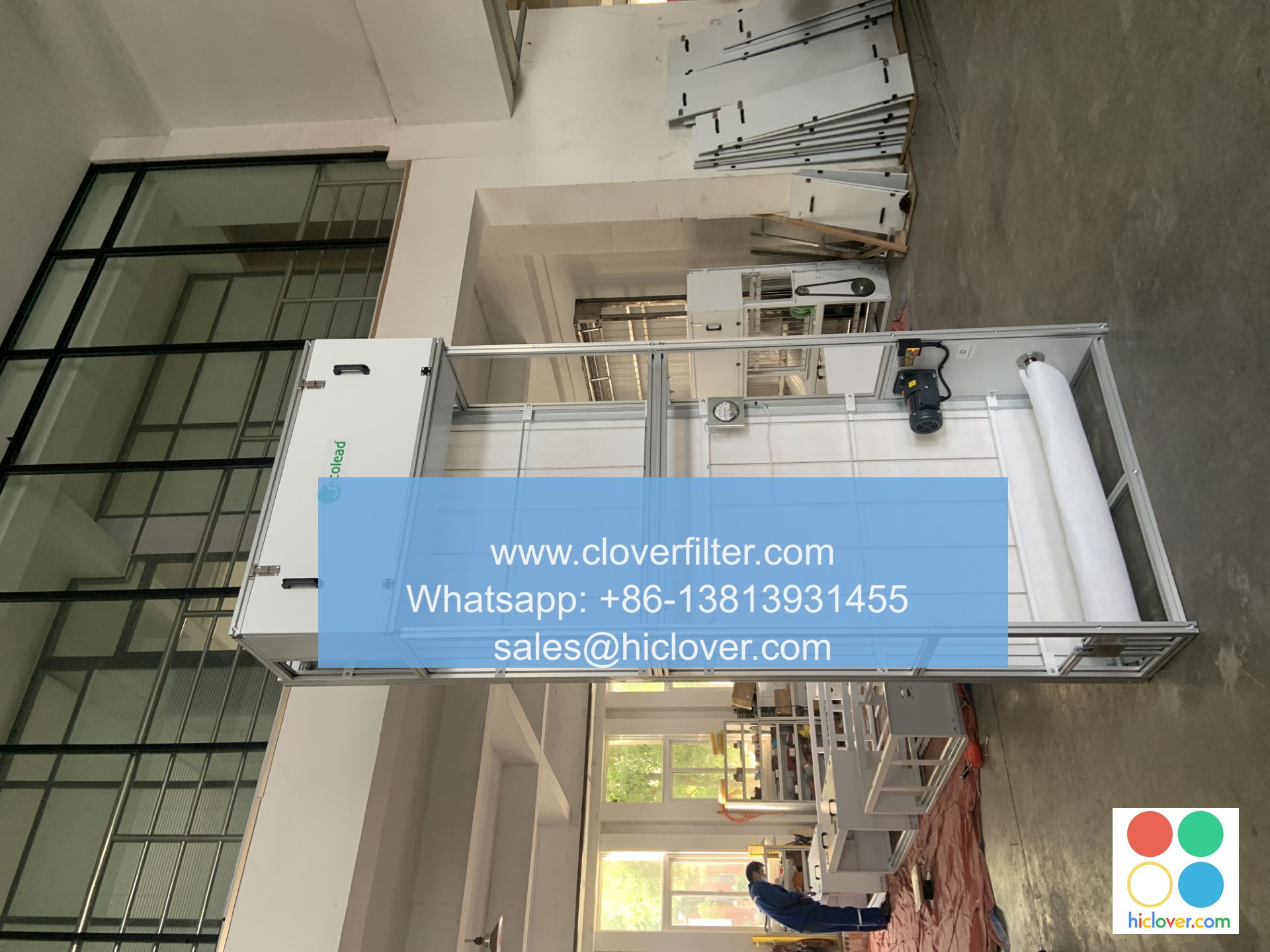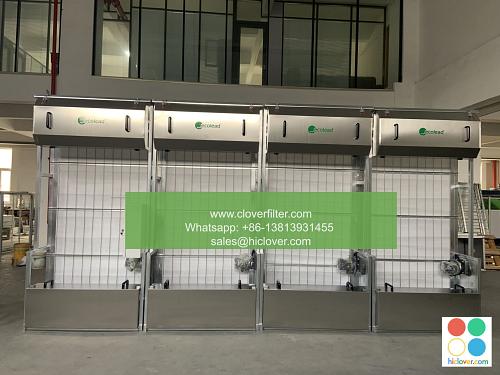Frequently Asked Questions About Air Filters

Air filters are an essential component in maintaining good indoor air quality, and they have a wide range of applications in heating, ventilation, and air conditioning (HVAC) systems, air purification systems, and industrial processes. In this article, we will address some of the most frequently asked questions about air filters, including their types, benefits, and maintenance requirements.
What are Air Filters and How Do They Work?
Air filters are devices designed to remove particulate matter, pollutants, and contaminants from the air. They work by capturing these impurities as the air passes through the filter, allowing clean air to pass through while trapping the unwanted particles. Air filters are commonly used in residential, commercial, and industrial settings to improve indoor air quality and reduce the risk of airborne diseases.
Types of Air Filters
There are several types of air filters available, each with its own unique characteristics and applications. Some of the most common types of air filters include:
- HEPA (High Efficiency Particulate Air) filters: These filters are capable of capturing 99.97% of particles as small as 0.3 microns and are commonly used in hospital, laboratory, and pharmaceutical applications.
- Activated carbon filters: These filters are designed to capture gases and odors and are commonly used in air purification systems and industrial processes.
- Pre-filters: These filters are designed to capture larger particles and are commonly used as a pre-treatment step before the main air filter.
- Improved indoor air quality: Air filters can remove pollutants and contaminants from the air, improving the overall air quality and reducing the risk of airborne diseases.
- Increased energy efficiency: Air filters can help reduce the energy consumption of HVAC systems by allowing them to operate more efficiently.
- Extended equipment life: Air filters can help extend the life of HVAC equipment by reducing the amount of debris and corrosion that can damage the equipment.
- Regular inspections: Regularly inspect air filters to ensure they are not clogged or damaged.
- Replacement schedules: Follow the manufacturer’s recommended replacement schedule for air filters to ensure they continue to function effectively.
- Proper disposal: Properly dispose of used air filters to prevent environmental pollution.
- Residential air filtration: Air filters are used in home HVAC systems to improve indoor air quality and reduce the risk of airborne diseases.
- Commercial air filtration: Air filters are used in office buildings, shopping centers, and restaurants to improve indoor air quality and reduce the risk of airborne diseases.
- Industrial air filtration: Air filters are used in manufacturing facilities, pharmaceutical plants, and laboratories to remove pollutants and contaminants from the air.
Benefits of Air Filters
Air filters offer several benefits, including:
Maintenance and Replacement of Air Filters
Air filters require regular maintenance and replacement to ensure they continue to function effectively. Some tips for maintaining and replacing air filters include:
Application Areas of Air Filters
Air filters have a wide range of applications in various industries, including:
In conclusion, air filters are an essential component in maintaining good indoor air quality, and they have a wide range of applications in various industries. By understanding the types, benefits, and maintenance requirements of air filters, individuals and organizations can make informed decisions about their use and ensure they continue to function effectively. Whether it’s for residential, commercial, or industrial applications, air filters are a crucial tool in improving indoor air quality and reducing the risk of airborne diseases. It seems like you forgot to include the actual prompt. Please go ahead and provide the details or question you’d like assistance with!

